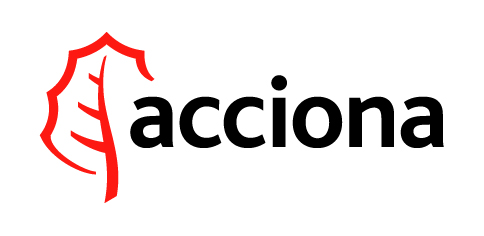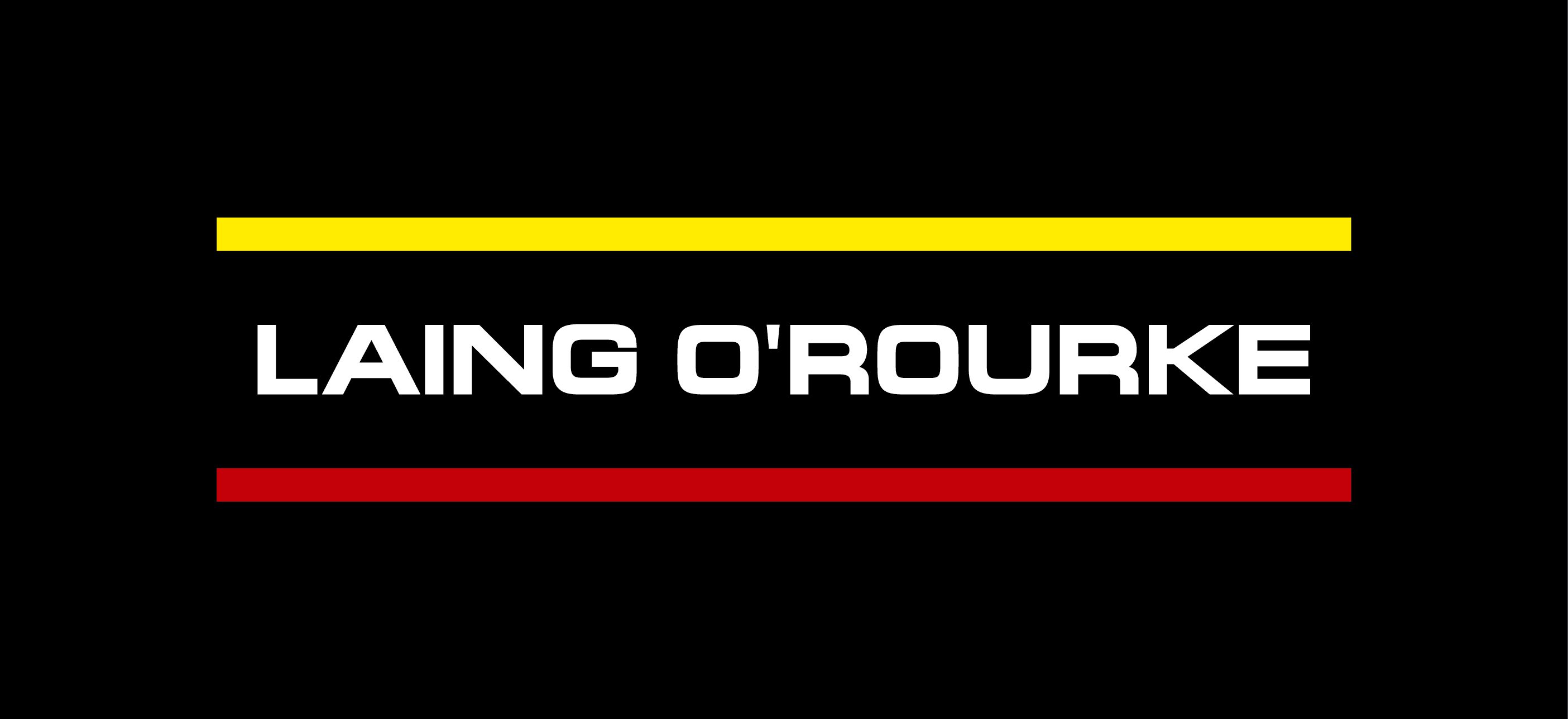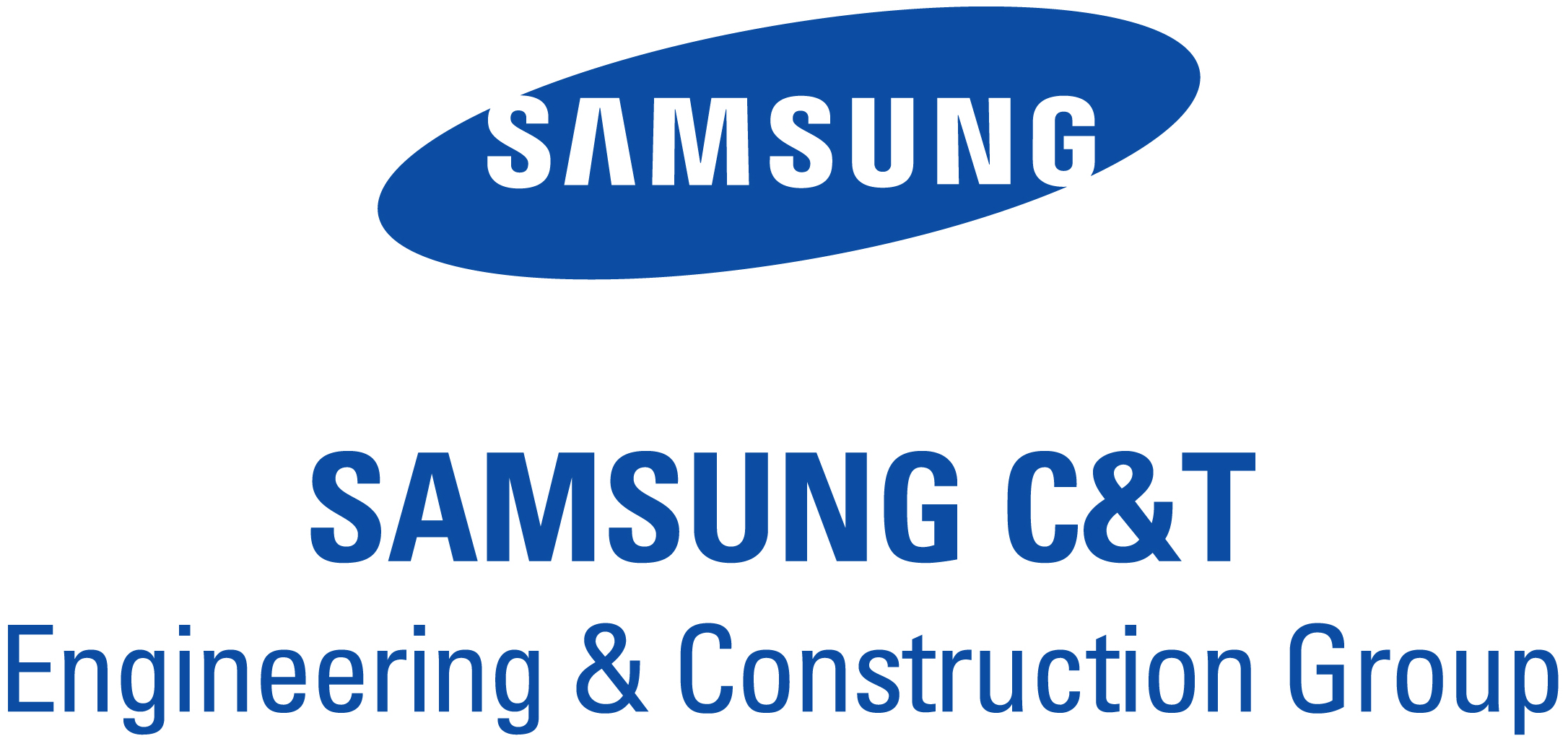
QMCA has welcomed the release of the Commonwealth Government Infrastructure review, believing that there are positive moves to provide certainty to the industry about some of the state’s key infrastructure projects.
QMCA’s Andrew Chapman, “Nobody is criticising the Commonwealth for managing infrastructure investment and ensuring value for money for taxpayers. We are also pleased that they have listened to industry and to the State and local Governments in Queensland when reviewing the infrastructure investments needed to support Queensland’s economic growth.”
“It is, however, important to reflect on the fact that the Commonwealth Government collects 81% of the taxation revenue in the country. State and local governments do not have the same financial leverage as the Commonwealth with regard to investing in infrastructure, so it is important joint infrastructure investment does not overload the other party beyond their capacity to fund.”
However, nine projects valued at $363 million have been cancelled, including:
- Beenleigh and Loganlea station commuter car parks
- Emu Swamp Dam
- High Road and Easterly upgrade at Waterford
- Kenmore Roundabout upgrade
- Mooloolah River Interchange
- New England Highway at Cabarlah
- Nicklin Way-Third Avenue Connection at Caloundra
- Tennant Creek to Townsville Corridor upgrade at Dingo Park Road
“Whilst it is certainly disappointing to see certain projects have their federal funds removed, of the projects cancelled, Mooloolah River Interchange is the most concerning. The Sunshine Coast is booming, and the region’s road network needs investment to support the movement of people and goods. This project would have been an economic enabler for the region. Perhaps this offers an opportunity to look at alternative approaches for financing and delivering this project and others,” said Andrew.
QMCA cautiously welcome the Commonwealth’s approach to allocating road budgets and enabling the State to determine how those funds will be used to deliver the best value for money and economic return.
“It is a prudent approach to bundle road funding into sections. Each major highway will have packages of funding allocated to them, and it will be up to the State Government to prioritise which sections of highway should be invested in.. We like the theory; the challenge will, as with any new model, be in the planning and roll-out.”
QMCA was also pleased to see that vital projects can continue through planning and approvals with existing funding before securing additional funding for construction, however, it is critical that a number of these projects are committed to being completed before 2032.
“Sunshine Coast Rail, and the Daisy Hill to Logan Motorway upgrade of the M1 are all vital projects, that will support our growing population and the 2032 Olympics. With these projects in the final stages of business case development, the opportunity is now for all levels of government and industry to work together to engineer value-for-money solutions that will maximise the potential of future funding approvals from the Commonwealth. It is vital that each project is funded and delivered prior to the 2032 Olympics otherwise, our region will face significant challenges in not only hosting the Games but also moving people and goods.”
“The challenge lies in reevaluating more efficient designs, solutions, and approaches to deliver value for money and effectively sequence projects. Central to this is enhancing project delivery efficiency and productivity,” said Andrew.
As emphasised in the 2023 Major Projects Pipeline Report, for the industry to deliver the state’s $92 billion pipeline of major projects, it is essential that the industry’s flagging productivity is improved by:
- re looking at designs and tight technical specifications to enable innovative solutions, materials, technology and construction approaches
- more efficient allocation of the finite engineering and project management resources to deliver projects (across client, design and contracting entities)
- Industrial Relations frameworks should be revisited to bolster the capacity of companies to collaborate with their workforces and provide safe, secure and long-term employment opportunities
- Collaborative procurement and delivery arrangements that enable clients, engineers and contractors to jointly work together to develop the most appropriate solution and identify and manage risks appropriately to deliver projects safely and efficiently.
















